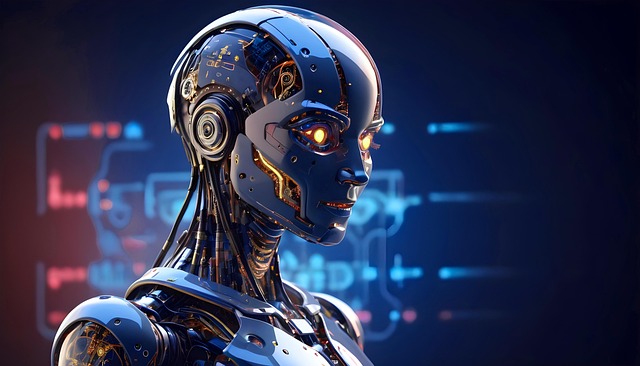Artificial Intelligence is reshaping nearly every sector of society — and politics is no exception. From microtargeted ads to deepfake propaganda, AI is now an invisible player in elections, policymaking, and public discourse. While it promises efficiency and insight, AI also presents a profound risk to the health of democratic systems.
1. Weaponized Disinformation
AI-generated content makes spreading false information easier, faster, and harder to detect. Deepfakes can now convincingly simulate public figures saying things they never said, while AI-written texts can flood social media with coordinated lies. The result is a polluted information environment where:
- Truth is harder to verify.
- Voters are more easily manipulated.
- Trust in institutions steadily erodes.
Democracies rely on informed citizens — AI-powered disinformation attacks that very foundation.
2. Surveillance States and Social Scoring
AI-driven surveillance is increasingly used by governments to monitor citizens. In authoritarian regimes, this has led to:
- Mass facial recognition in public spaces.
- Predictive policing and detention of “pre-criminals.”
- Social credit systems that control behavior.
Even in democratic countries, mass data collection and predictive analytics are being used without adequate oversight, blurring the line between security and control.
3. Manipulation of Public Opinion
AI tools are now used in political campaigns to analyze personal data and target individuals with customized messages — often playing on fears and emotions rather than facts. This microtargeting:
- Amplifies polarization.
- Reduces broad-based public debate.
- Encourages manipulation over persuasion.
Rather than uniting societies around common goals, AI can fragment public discourse into echo chambers and filter bubbles.
4. Undermining Electoral Integrity
From automated bots sowing confusion online to potential hacking of election infrastructure, AI increases the surface area for interference. Even the perception of AI-driven manipulation can:
- Undermine confidence in electoral outcomes.
- Fuel conspiracy theories.
- Destabilize peaceful transitions of power.
5. Lack of Regulation and Accountability
AI in politics moves faster than the laws meant to regulate it. There are few rules on how political actors can use AI, and even fewer ways to hold them accountable when they cross ethical or legal lines. Without transparency, AI can quietly erode the norms that keep democratic systems functioning.
Conclusion
AI may not storm parliament buildings or rig votes directly — but it can quietly undermine democracy from the inside. By distorting truth, deepening division, and reducing transparency, AI presents a new kind of political threat: one that’s subtle, scalable, and difficult to stop. If democracies are to survive the digital age, they must act quickly to ensure AI strengthens governance — not sabotages it.
